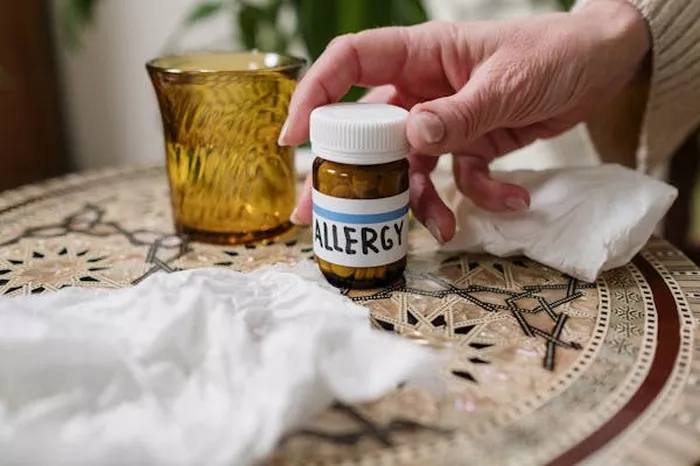Approximately 10% of Americans believe they are allergic to penicillin, yet studies indicate that around 90% of these patients do not actually have a true allergy. This mislabeling often leads to the prescription of more toxic, expensive, and potentially less effective antibiotics, complicating treatment protocols and contributing to negative health outcomes. A recent study presented at the American College of Allergy, Asthma and Immunology (ACAAI) Annual Scientific Meeting in Boston underscores the importance of delabeling patients with a penicillin allergy, particularly in the context of syphilis treatment.
Study Overview
The study focused on patients diagnosed with syphilis who were labeled as penicillin allergic but were considered low risk for an actual allergy. The goal was to assess the feasibility and outcomes of delabeling these patients to improve their treatment options and overall health.
Key Findings
Out of 12 identified patients labeled as penicillin allergic, all 12 were ultimately delabeled following an evaluation of their allergy histories. Among these patients, nine received documented treatment with penicillin. The results for these nine patients were as follows:
5 patients achieved clearance of syphilis.
3 patients experienced treatment failure, with two cases attributed to reinfection and one with an unknown cause.
1 patient had an unknown clearance outcome.
This study highlights that delabeling can facilitate effective treatment for syphilis and reduce the risks associated with inappropriate antibiotic prescriptions.
Recommendations
The authors advocate for a systematic approach to reassess the penicillin allergy label, particularly for patients diagnosed with syphilis. They recommend that healthcare providers:
Promptly evaluate penicillin allergy histories after a syphilis diagnosis.
Aggressively delabel patients to enhance treatment efficacy and prevent potential complications associated with alternative antibiotics.
Address the broader public health implications of unnecessary antibiotic use and treatment failures, which can lead to increased healthcare utilization and contribute to antibiotic resistance.
Conclusion
The findings of this study provide strong support for reevaluating penicillin allergies in patients with syphilis. Delabeling these patients not only improves their chances of effective treatment but also mitigates the risks associated with the use of less appropriate antibiotics. The study emphasizes the need for increased awareness and action among healthcare providers to ensure that patients receive the most suitable care for their conditions.
You Might Be Interested In:
-
Study Links Schizophrenia To Increased Risk Of Sudden Cardiac Death
-
Mothering Over Meds: Doctors Challenge the Need for Medication in Treating Opioid-Exposed Babies
-
Maternal Stress and Depression Alter Infant DNA, with Potential Lifelong Impact


